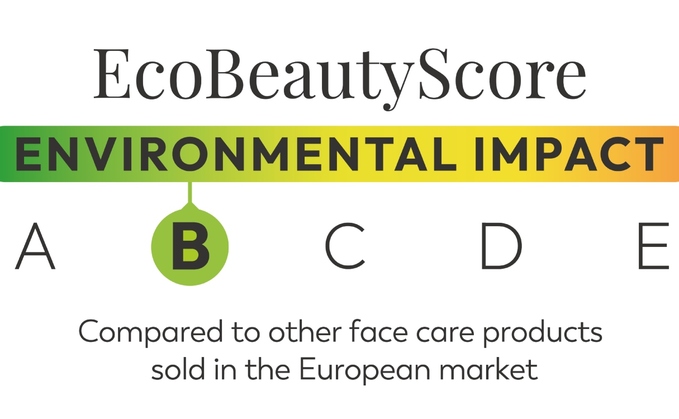European Council Sets Path for Enhanced Transparency in ESG Ratings

|
Listen to this story:
|
The Council reached an agreement on its negotiating mandate on a proposal for a regulation on environmental, social and governance (ESG) ratings, with the aim of boosting investor confidence in sustainable products.
ESG ratings provide an opinion on a company’s or a financial instrument’s sustainability profile, by assessing its exposure to sustainability risks and its impact on society and the environment. ESG ratings have an increasingly important impact on the operation of capital markets and on investor confidence.
The new rules aim to strengthen the reliability and comparability of ESG ratings by improving the transparency and integrity of the operations of ESG ratings providers, making ratings more comparable and preventing potential conflicts of interests.
Under the proposed rules, ESG rating providers will need to be authorised and supervised by the European Securities and Markets Authority (ESMA) and comply with transparency requirements, in particular with regard to their methodology and sources of information. Providers will be subject to specific measures to prevent and manage conflicts of interests.
Main changes brought by the Council
In its negotiating mandate, the Council clarified the circumstances under which ESG ratings fall under the scope of the regulation, providing further details on the applicable exemptions. Additionally, in line with the corporate sustainable reporting directive, it clarified that ESG ratings encompass environmental, social and human rights or governance factors.
ESG rating providers that wish to operate in the EU will need to comply with certain requirements, including obtaining an authorisation from ESMA, or in the case of ESG rating providers established outside the EU, an equivalence decision, an endorsement of their ESG ratings or a recognition. The Council also clarified the territorial scope of the regulation, outlining what constitutes operating in the EU, and provided further clarification on the applicable provisions under the endorsement regime.
The Council also introduced a lighter, temporary and optional registration regime of three years for existing small ESG rating providers and new small markets entrants.
Small ESG rating providers who opt in under the lighter regime will not have to pay ESMA supervisory fees. They will have to comply with some general organisational and governance principles, as well as transparency requirements to the public and users. They will also be subject to the powers of ESMA to request information and conduct investigations and on-site inspections. Upon exiting this temporary regime, small ESG rating providers will need to comply with all the provisions outlined in the regulation, including the requirements regarding governance and supervisory fees.
Related Article: MAS Proposes Code of Conduct for Providers of ESG Ratings and ESG Data Products
Regarding the separation of business and activities, the Council introduced the possibility for ESG ratings providers to not have a separate legal entity for certain activities, provided that there is a clear distinction between activities and that they put in place measures to avoid conflicts of interests. This derogation would not be applicable to consulting or audit activities when they are provided to rated entities.













